Can family planning reduce poverty? These women think so.
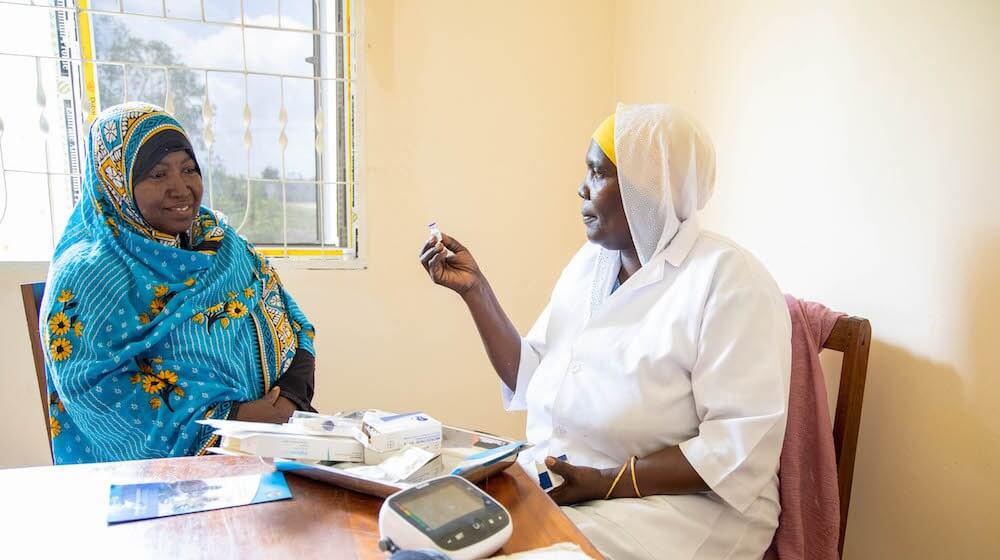
During the COVID-19 pandemic, decades of progress were reversed in the effort to eliminate extreme poverty. Women were hit particularly hard, with 9.1% more women living in poverty because of the pandemic. And just when it could have had the greatest impact, one tool for combatting poverty was disrupted: family planning.
42 percent of UNFPA country offices reported lapses in family planning services, leading an estimated 12 million women in low and middle-income countries to lose access to contraception.
These disruptions in care caused preventable birth injuries and maternal deaths. And, for poor women, they made it that much harder to break free from the cycle of poverty. We are working to expand family planning access around the world, so women around the world can determine their futures and reach their fullest potentials. Keep reading to learn more about family planning can reduce poverty:
Family planning prevents unintended pregnancy.
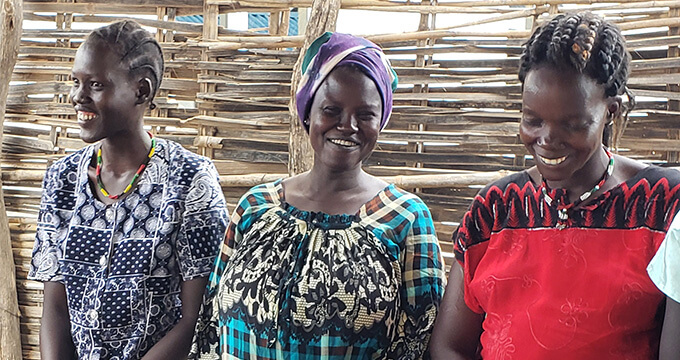
One of the most recognized uses for family planning is to prevent unintended pregnancy. When women are able to delay pregnancy until they’re ready, they have safer, healthier pregnancies. Delaying pregnancy is especially important for girls and new mothers. Teenager mothers are twice as likely as older mothers to experience pregnancy complications, like obstetric fistula. New mothers benefit from delaying pregnancy because it takes time to recover physically, emotionally, and nutritionally from pregnancy and childbirth. The World Health Organization recommends having children 2 to 3 years apart.
Arek, a woman from South Sudan, had seven children between ages 15 and 32. She lives with a disability and had never used family planning because she heard that it could make her disability worse. During her last pregnancy, Arek received prenatal and safe delivery care at a UNFPA clinic. She also learned more about family planning, including that it would not worsen her disability. Today, only 2 of her 7 children are in school, but she hopes that by preventing further unintended pregnancies, she can better support her children. Arek is especially hopeful for her daughters. She said, “I want them to stay in school and not fall into the trap of child marriage like what happened to me.”
Contraception helps women in Lesotho support their families.
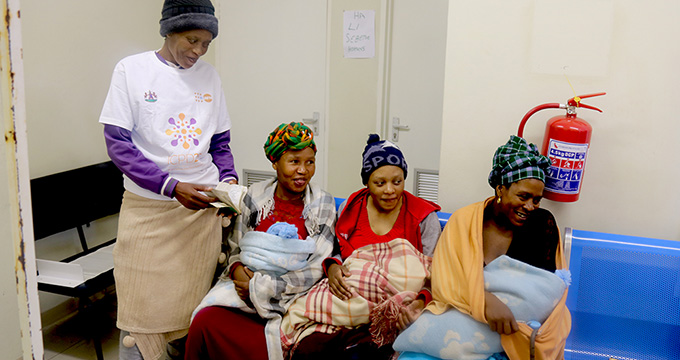
Lesotho is a drought-prone, mountainous country in southern Africa, where many women, including Regina, live in rural communities supported by small-scale agriculture. Regina is a UNFPA midwife, and in recent years, she has seen an increase in the demand for self-injectable contraception. “In these difficult times, it is not easy to look for a job or to get employed when you have many children, especially here in the village.”
Family planning allows Regina’s patients, like Thato, to invest in themselves and their current children. Now, Thato can focus on increasing her financial security so that if and when she decides to have children in the future, their family is more financially secure. Thato says, “I like the new contraceptive as it will help me space my children.”
Lifting communities with long-acting contraception in the Philippines.
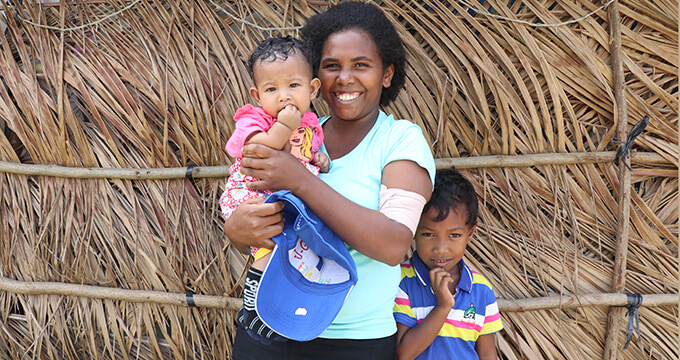
When families are able to have the number of children they want, they are also more able to invest in their children’s wellbeing. This translates to better nutrition, living conditions, health care, and education opportunities for children both at home and in their broader community. And, when kids have the right environment to learn and grow, they can reach their full potential and support their community as adults. In this way, family planning can help lift entire communities out of poverty.
In the Philippines, nearly half of all women do not have access to the family planning care they want, but we are working to expand access. At one community event, UNFPA shared information on the benefits and types of contraception. Estelita, an elder of the Ibanag indigenous community said, “I am very happy this family planning activity is happening at our community… While some women want to get pregnant, others might not. This is why it is very important that women have that choice.” Hannah, a mother of two, opted for a long-acting contraceptive implant to prevent unintended pregnancy. She noted financial concerns as one reason to delay pregnancy. “I do not want to get pregnant right now because we already have two children who we have to support.”
When girls have access to family planning, they can remain in school and reach their fullest potentials.
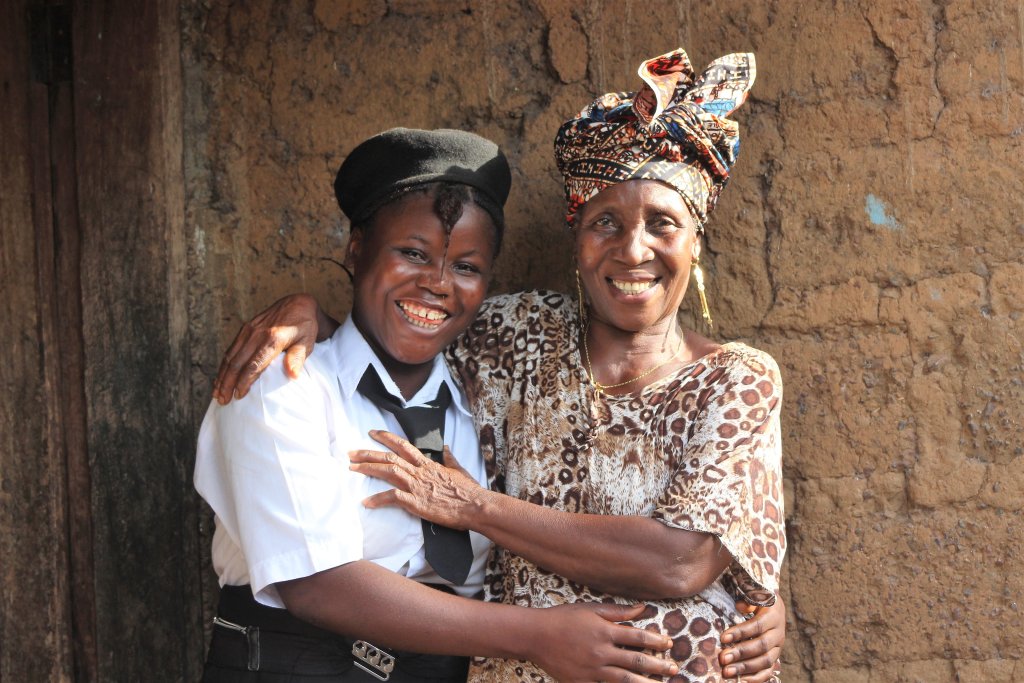
In Sierra Leone, nearly one-third of teenage girls are mothers. Fatmata is one of these girls. She became pregnant at 15 and was forced to drop out of school to care for her child. She moved in with her partner, who was also unemployed and not in school. “It was a situation I found difficult to accept. Seeing my peers attending school every morning was a bitter pill for me to swallow,” Fatmata reflected.
But, through a UNFPA program, Fatmata was able to rebuild her relationship with her parents. She returned to school and has learned about sexual and reproductive health, including family planning. Now she says, “I want to continue with my studies, as I dream of becoming a nurse.”
Family planning -and its absence- can change the lives of girls living in poverty.
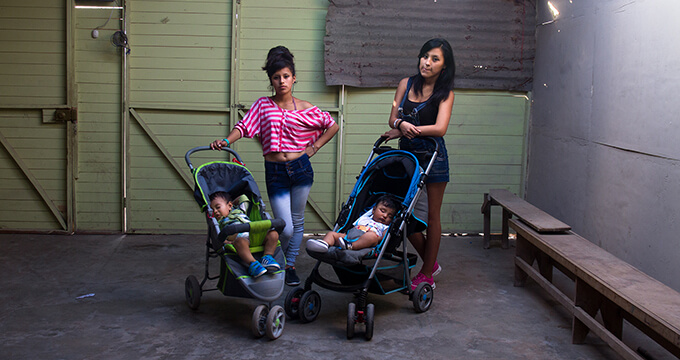
When girls have access to family planning, they are able to stay in school, pursue economic opportunities, and reach their fullest potential. These girls, and their children when they’re ready, are healthier and more resilient in the face of economic stress. Also, by attaining an education and becoming nurses, like Fatmata, or pursuing other professions like education, politics, engineering, or entrepreneurship, they are able to elevate the status of women in their communities. This opens doors for themselves, other women in their communities, and for generations of women to come.
Peru is one example of this phenomenon. Angie and Jazmin, who became mothers at 14 and 17 respectively, never received family planning information or services. In part, this was because it was illegal to share such resources with girls. UNFPA worked with the Peruvian Government to allow teenagers to access family planning and comprehensive sexuality education. This has been especially beneficial for teenage mothers, like Angie and Jazmin, 99 percent of whom live in poverty in Peru. Now, they are able to prevent future unintended pregnancies and to focus on their education and employment opportunities. For Angie, this means becoming a lawyer like her dad.
Family planning prevents maternal death, a tragic, avoidable event that can dramatically alter a family’s income level.
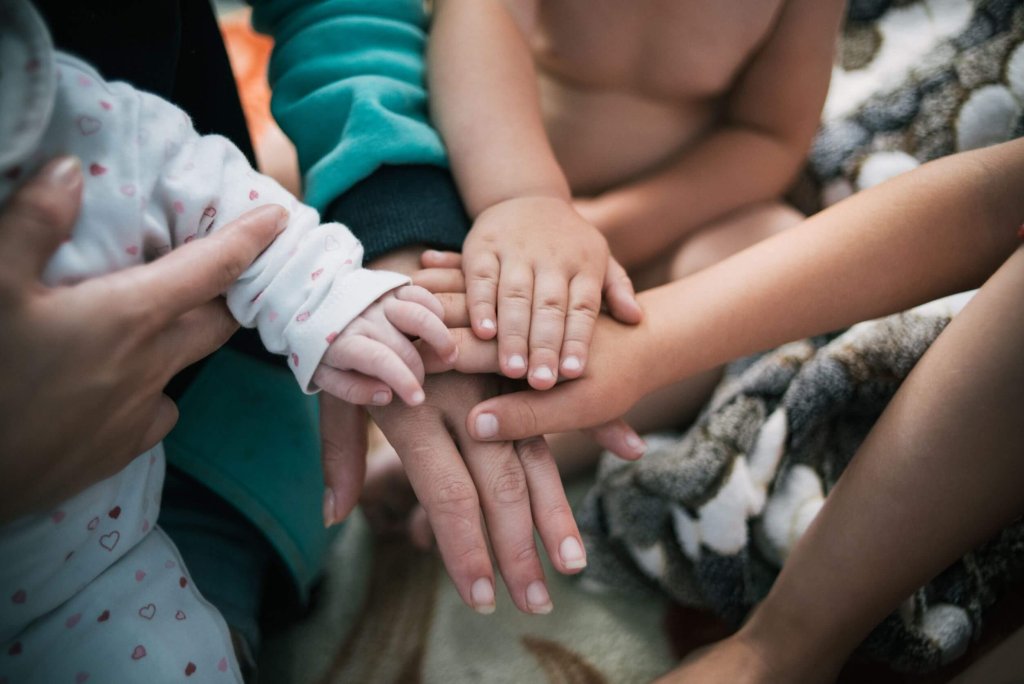
Maria became pregnant at 15, soon after meeting the man who would become her husband. Now 22, Maria has three daughters. She comes from Moldova, where each year, thousands of teenage girls become mothers. And, like Maria, these girls are more at risk for pregnancy and childbirth complications. During her third pregnancy, she weighed 105 pounds. “The doctors were afraid I would die.”
Luckily, Maria safely gave birth to her baby, but today, her family is barely making ends meet. Her oldest daughter, now 5, is unable to attend pre-school because it is too expensive. Instead, she stays home to care for her younger siblings.
If Maria had died in childbirth, her family’s already precarious situation would have surely deteriorated further. We were able to provide Maria with access to family planning so she can prevent future life-threatening complications and can be around to support her family. UNFPA also works across Moldova to reach women and girls with family planning information and services.
While 42 percent of UNFPA country offices reported disruptions in family planning, through innovation and adaptation, an even greater number –74 percent- were able to maintain or expand access to family planning. This is a major accomplishment and your support made it possible. Because of you, countless women have accessed family planning and have secured a way out of poverty and a better future for themselves, their families, and their communities.
-Dana Kirkegaard